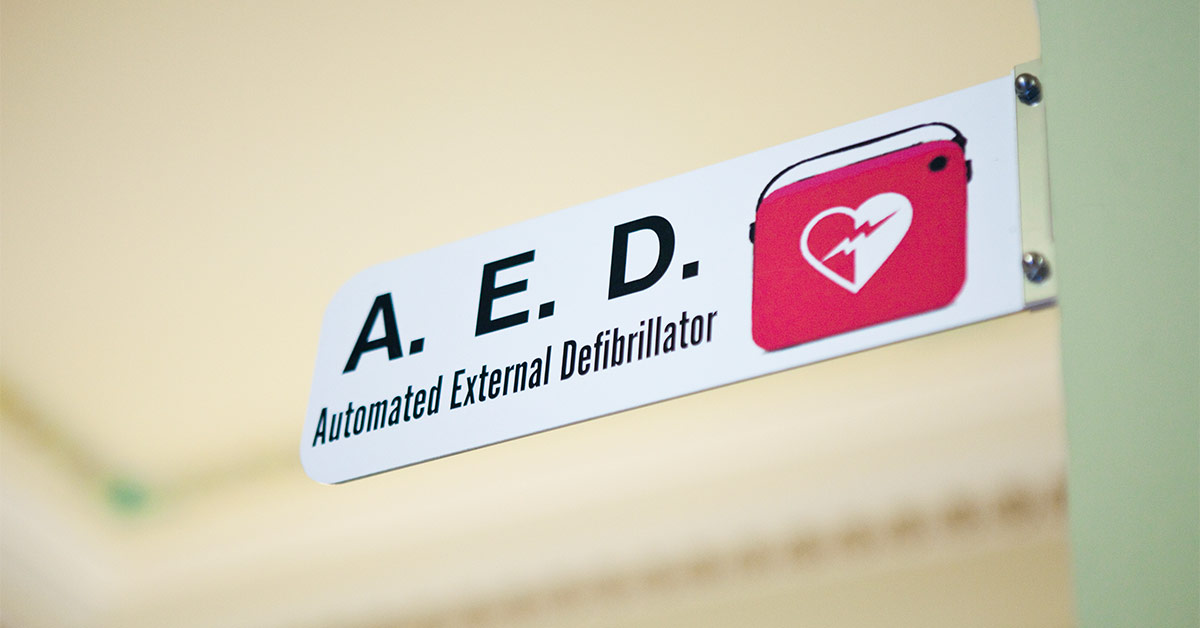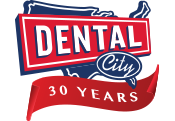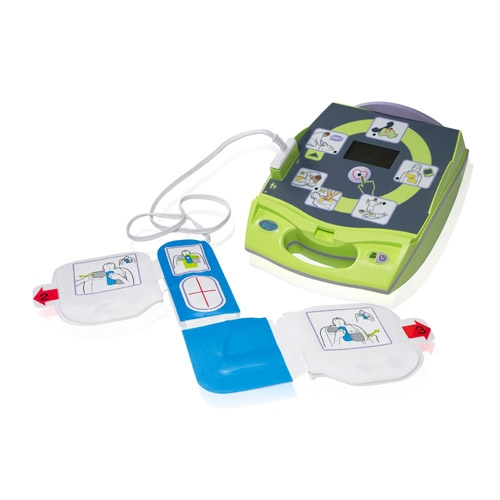
Sudden Cardiac Arrest (SCA) is a leading cause of death in the United States. To provide life-saving care dental offices are encouraged to have a working AED on hand to provide treatment in the case of SCA and some states even require it. Is your practice prepared for SCA?
Before each busy day in your practice you and your team most likely perform some sort of check to ensure that everything is in order and ready to go for patients. You review your schedule so you know who’s coming in, double check your supply cabinets and prep your rooms for the first appointments of the day. These small yet significant reviews of the state of your practice help you provide a high quality experience for your patients.
But are you prepared to take of the health of your patients even beyond their teeth and gums?
October is Sudden Cardiac Arrest Awareness Month, which means there’s no better time than to ensure your practice has an up to date and working automated external defibrillator (AED) that could offer lifesaving help to a patient experiencing sudden cardiac arrest (SCA). While we all hope that it never happens on our watch, being prepared for such circumstances is essential—particularly in a dental office where the foundation of your work is caring for people.
SCA is the sudden and abrupt ceasing of a proper heartbeat due to a malfunction of the heart’s electrical system. It’s typically caused by an abnormal heart rhythm called ventricular fibrillation (VF) in which the heart quivers but doesn’t beat strongly enough to pump blood effectively. The only treatment for VF is the administration of an electrical shock to the heart by an AED. And this affliction can strike just about anyone.
Let’s look at the statistics:
- 350,000 people are the victims of SCA every year—that’s about 1,000 a day
- 20% of SCA victims haven’t been previously diagnosed with any type of heart disease
- 10% of SCA victims are under 40—much younger than the average age (60s)
What these stats demonstrate is that SCA doesn’t necessarily follow a pattern or only affect a certain type of person. Instead, nearly any person could be affected by this life-threatening health condition.
And as dental offices treat patients of all ages and levels of health there is certainly no guarantee you won’t have a patient struck by SCA. Because of this you should continually monitor your AED to ensure that it isn’t out of date, that it works, and that your staff is trained on how to use it. Don’t wait until it’s too late to prepare your practice. You could be the difference between a successful recovery or a loss of life.
At Dental City we’re proud to offer our dental customers AED options that will keep your practice prepared and your patients safe. Check your practice’s current AED to confirm it’s still in good condition and if it’s not or you don’t have one yet it’s time purchase one for your practice.


